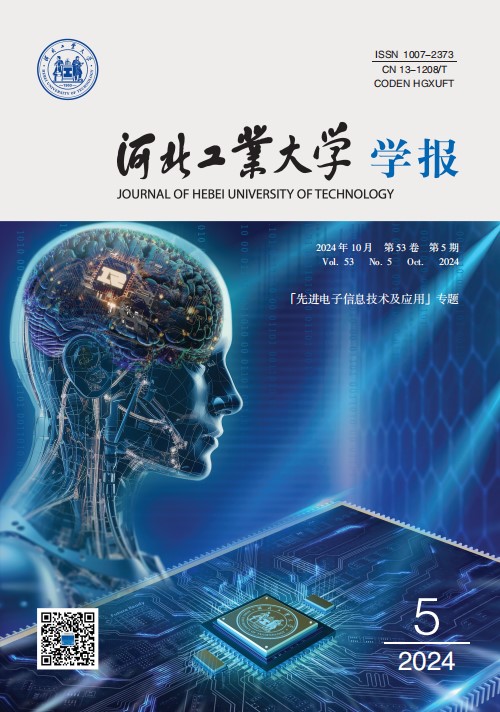聚合物性能预测
引用次数: 212
摘要
本文主要介绍了聚合物性能预测的两种方法:基团贡献法和连通性指数法。本文阐述了该方法的基本原理、仿真方程及其应用。用基团贡献法模拟了一些聚合物的比容、溶解度参数、玻璃化转变温度和缠结点之间的分子量,得到了较好的结果。并以聚氯乙烯为例详细说明了连通性指数法的过程,取得了较好的结果。本文章由计算机程序翻译,如有差异,请以英文原文为准。
Prediction of Polymer Properties
This paper mainly introduced two methods about prediction of polymer properties: group contribution method and connectivity index method. The base principles, simulation equations and applications were explained in this paper. The specific volume, solubility parameter, glass transition temperature and molecular weight between entanglement point of some polymers were simulated by group cotribution method and got better results. Moreover the process of connectivity index method were illustrated with example of PVC in detail and got better results, too.
求助全文
通过发布文献求助,成功后即可免费获取论文全文。
去求助
来源期刊
自引率
0.00%
发文量
4622
期刊介绍:
Journal of Hebei University of Technology is a comprehensive academic journal of natural sciences published at home and abroad, a bimonthly journal with large 16-page spread, founded in 1917. International Standard Serial Publication Number: ISSN 1007-2373; Domestic Uniform Serial Publication Number: CN 13-1208/T. Journal of Hebei University of Technology mainly publishes creative and forward-looking academic papers in the fields of natural science and engineering technology.
Journal of Hebei University of Technology is an excellent scientific and technological journal of Chinese universities, an excellent journal of Hebei universities, a core journal of Chinese science and technology, a journal included in British Science Digest, Russian Digest Magazine, German Mathematical Abstracts, Chinese Mathematical Abstracts and a journal included in Wanfang Data - Digital Journals Group, Chinese Mathematical Abstracts, Chinese Digital Journals Group, and other journals in China. Digital Journal Group”, ‘China Journal Full Text Database’, ‘China Academic Journals Comprehensive Evaluation Database’, ‘China Core Journals (Selection) Database’, ‘Chinese Science and Technology Journals Wipo Database’, ‘Super Star Journal Domain Publishing Platform’and other included journals.

 求助内容:
求助内容: 应助结果提醒方式:
应助结果提醒方式:


